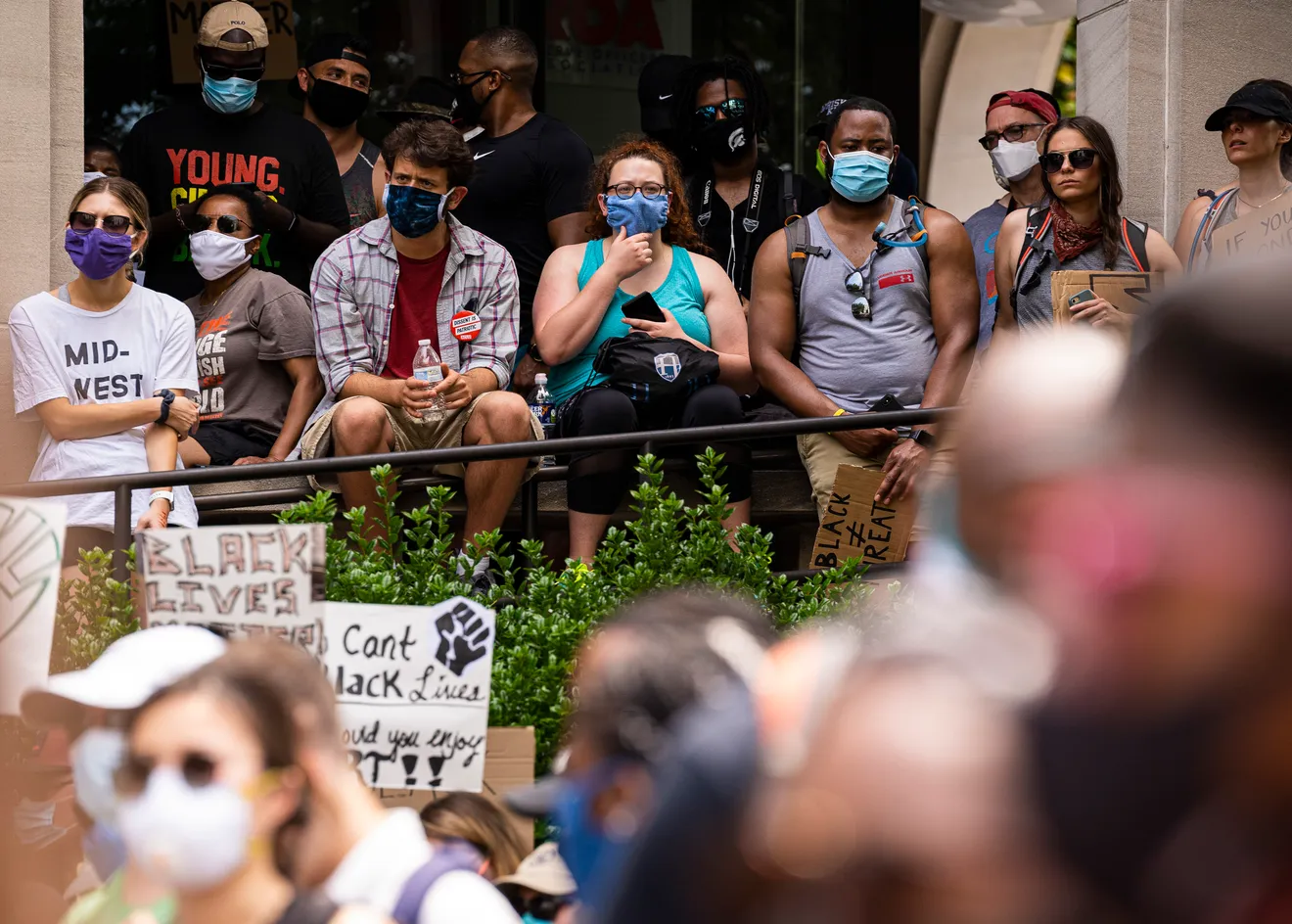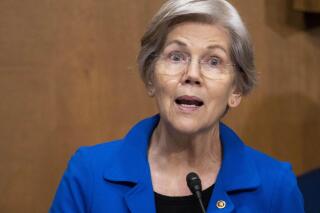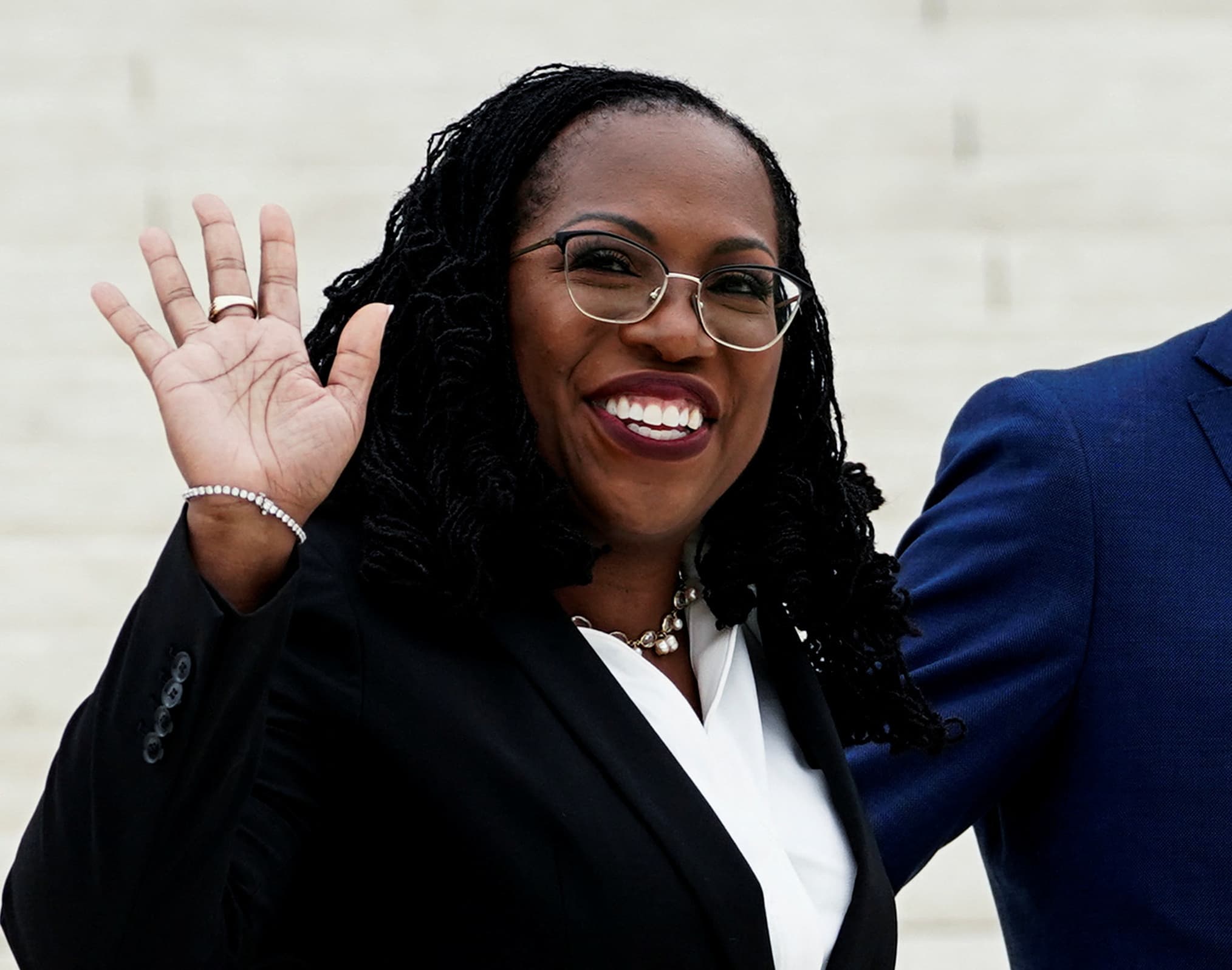The economic landscape of America is marred by injustice, and startling revelations now show that just seven Supreme Court decisions have inflicted economic harm on at least 74 million people since 2011. This staggering statistic is not merely a number; it represents lives disrupted, families torn apart, and communities left behind in a system that increasingly favors the wealthy elite over the working class. As the calls for accountability grow louder, we must delve into the implications of these rulings and the urgent need for reform.
Supreme Court Decisions Impact Lives
According to a report by AFJ, the judicial decisions made by the Supreme Court have not just shaped legal precedents; they have changed the very fabric of our society. Many of these decisions have favored corporations over individuals, stripping away protections that once ensured economic justice. The ruling in cases like Citizens United v. FEC has allowed for an influx of dark money in politics, drowning out the voices of ordinary citizens. This is not just a legal issue; it is a moral crisis.
Economic Inequality on the Rise
Economic inequality is more than a statistic; it is a lived reality for millions of Americans. The wealth gap continues to widen, with the top 1% holding nearly 32% of the country"s wealth, according to PIIE. This disproportionate distribution of wealth is a direct consequence of policies and rulings that prioritize corporate interests over the needs of the working class. As workers struggle with stagnant wages and rising costs of living, the Supreme Court"s decisions exacerbate this divide, leaving many without viable pathways to economic stability.
\n\n
Protesters flock to White House, National Mall during day of large DC ...
Workers Rights Are Under Siege
In a society where workers" rights should be protected, the Supreme Court has sided with corporations at the expense of labor. Recent rulings have limited the ability of unions to organize and effectively advocate for fair wages and working conditions. This erosion of labor rights is a direct affront to the promise of economic justice and equity. The Janus v. AFSCME decision is a prime example where the Court ruled against public sector unions, weakening their financial stability and bargaining power.
Calls for Accountability Amplified
The urgent need for judicial accountability is becoming more pronounced. Activists, community leaders, and everyday citizens are rallying together to demand reforms that ensure judges are held accountable for their decisions and that the Supreme Court serves as a protector of the people rather than a tool for the privileged. As reported by NYLS Law Review, economic justice is not just a theoretical framework; it is a necessary foundation for a functioning democracy.
\n\n
Elizabeth Warren running for 3rd US Senate term in 2024 | AP News
Investing in a Just Future
To address the consequences of these harmful decisions, significant investment in social programs is essential. Governments can reduce inequality through comprehensive tax reform and increased support for social safety nets. According to PIIE, effective government programs like welfare, healthcare, and food assistance not only lift individuals out of poverty but also strengthen the economy as a whole by increasing consumer spending and boosting local businesses.
The fight for economic justice is far from over. As we bear witness to the impact of judicial decisions on the lives of millions, we must ask ourselves: who benefits from this system, and who pays the price? The answer is clear, and it is time to demand change.

![[Video] Anti-ICE Protester Pepper Sprayed as CBP Agents Disperse Crowd in Minneapolis](/_next/image?url=%2Fapi%2Fimage%2Fthumbnails%2Fthumbnail-1768260677127-y71sb7-thumbnail.jpg&w=3840&q=75)

![[Video] Several injured as U-Haul truck drives through Iranian protestors in Los Angeles](/_next/image?url=%2Fapi%2Fimage%2Fthumbnails%2Fthumbnail-1768176682028-q95y6j-thumbnail.jpg&w=3840&q=75)
![[Video] Scuffle breaks out between Trump supporters and Anti-ICE protesters in Times Square](/_next/image?url=%2Fapi%2Fimage%2Fthumbnails%2Fthumbnail-1768165958203-hgcgb-thumbnail.jpg&w=3840&q=75)


![[Video] Gunfire between Iraqi security forces and Sadr militias in Baghdad](/_next/image?url=%2Fapi%2Fimage%2Fthumbnails%2Fthumbnail-1768343508874-4redb-thumbnail.jpg&w=3840&q=75)
